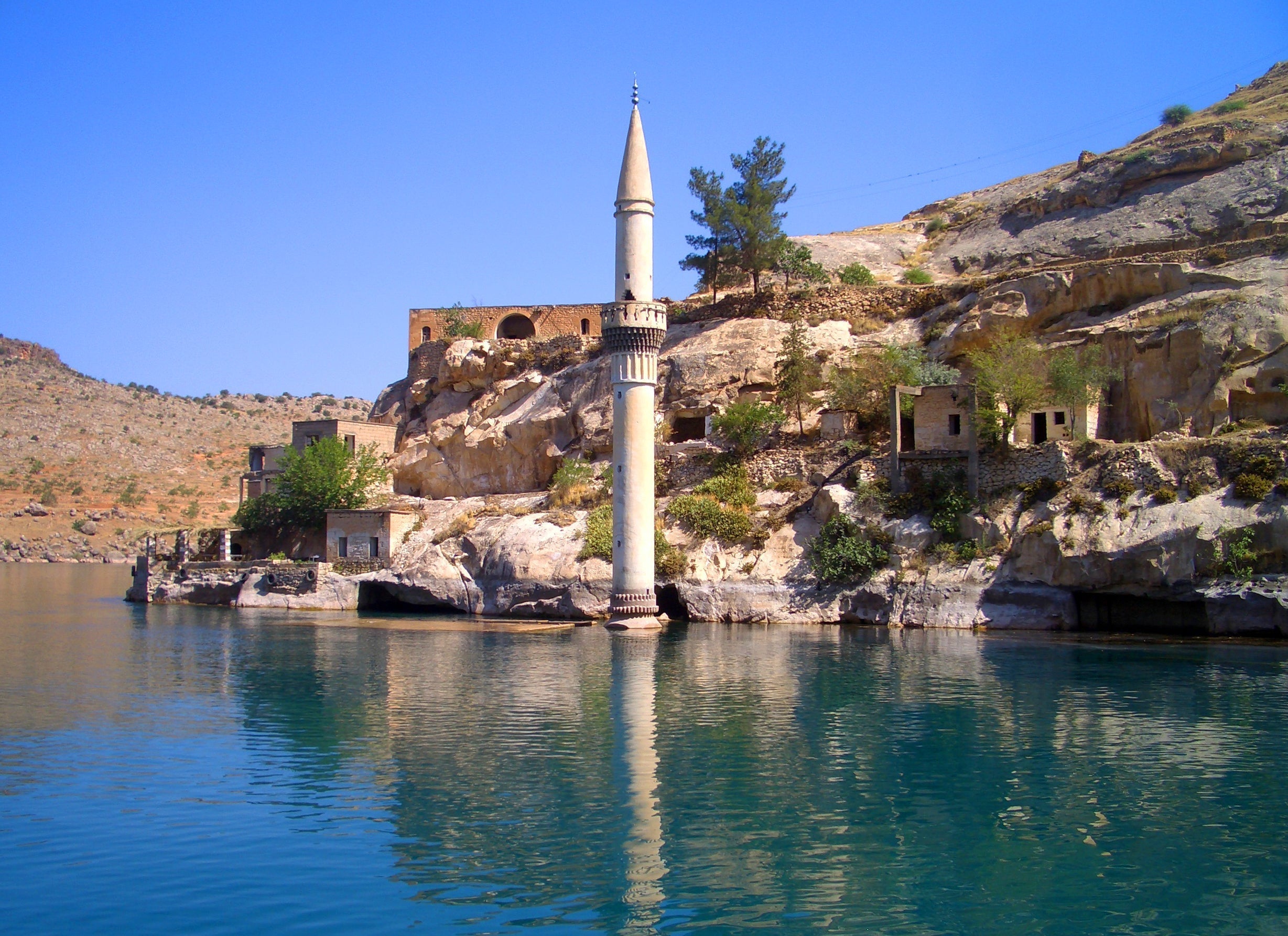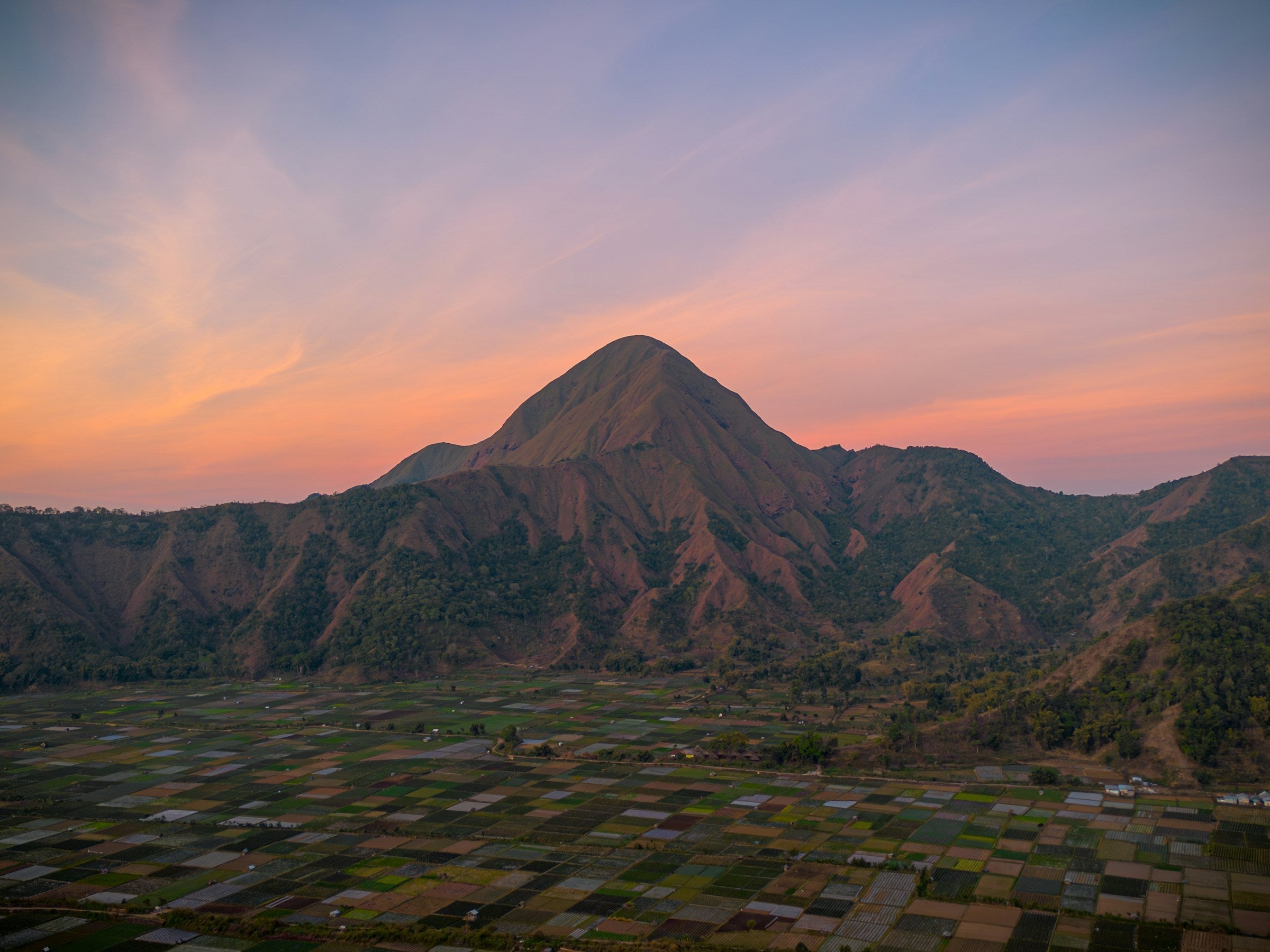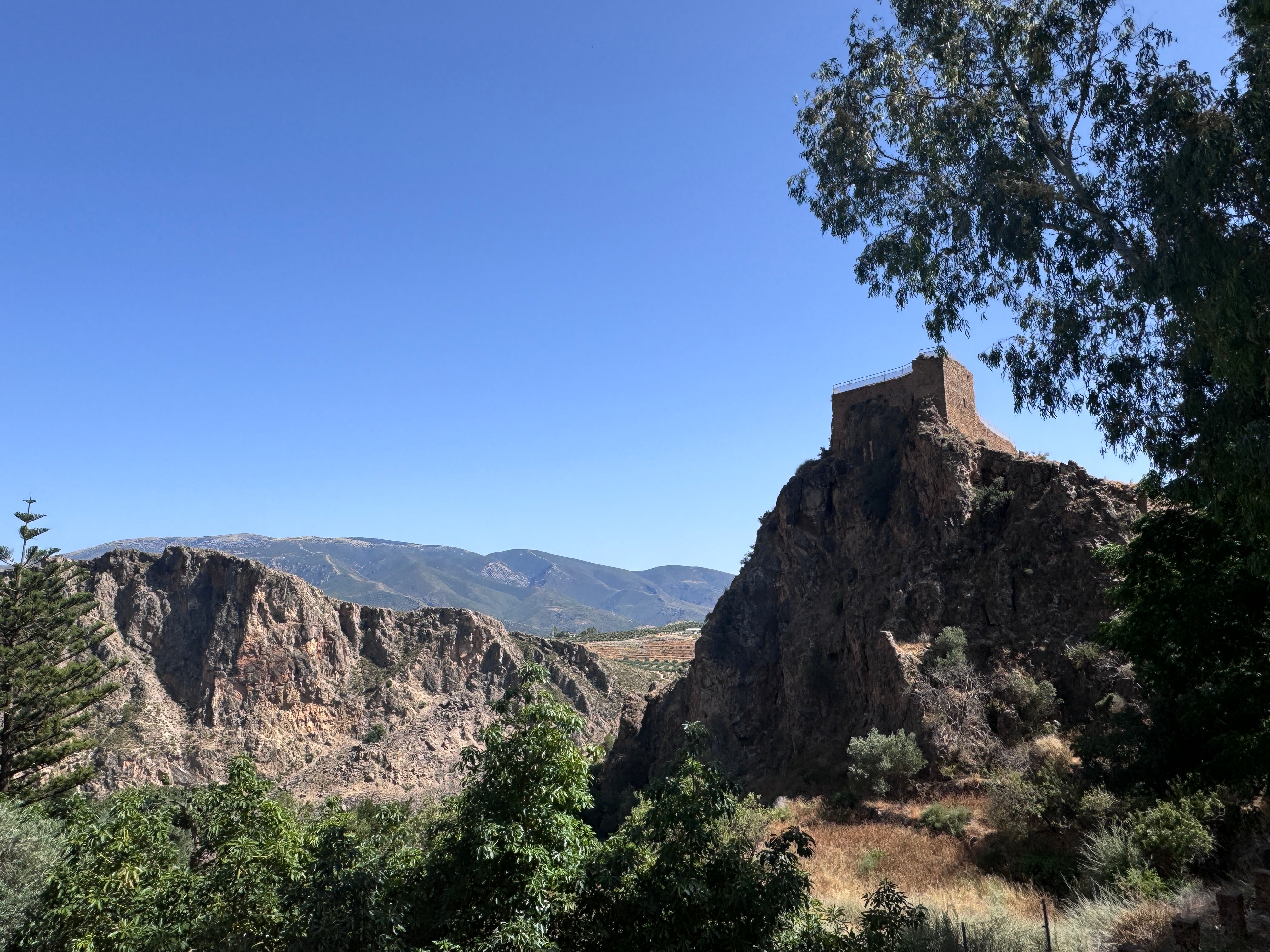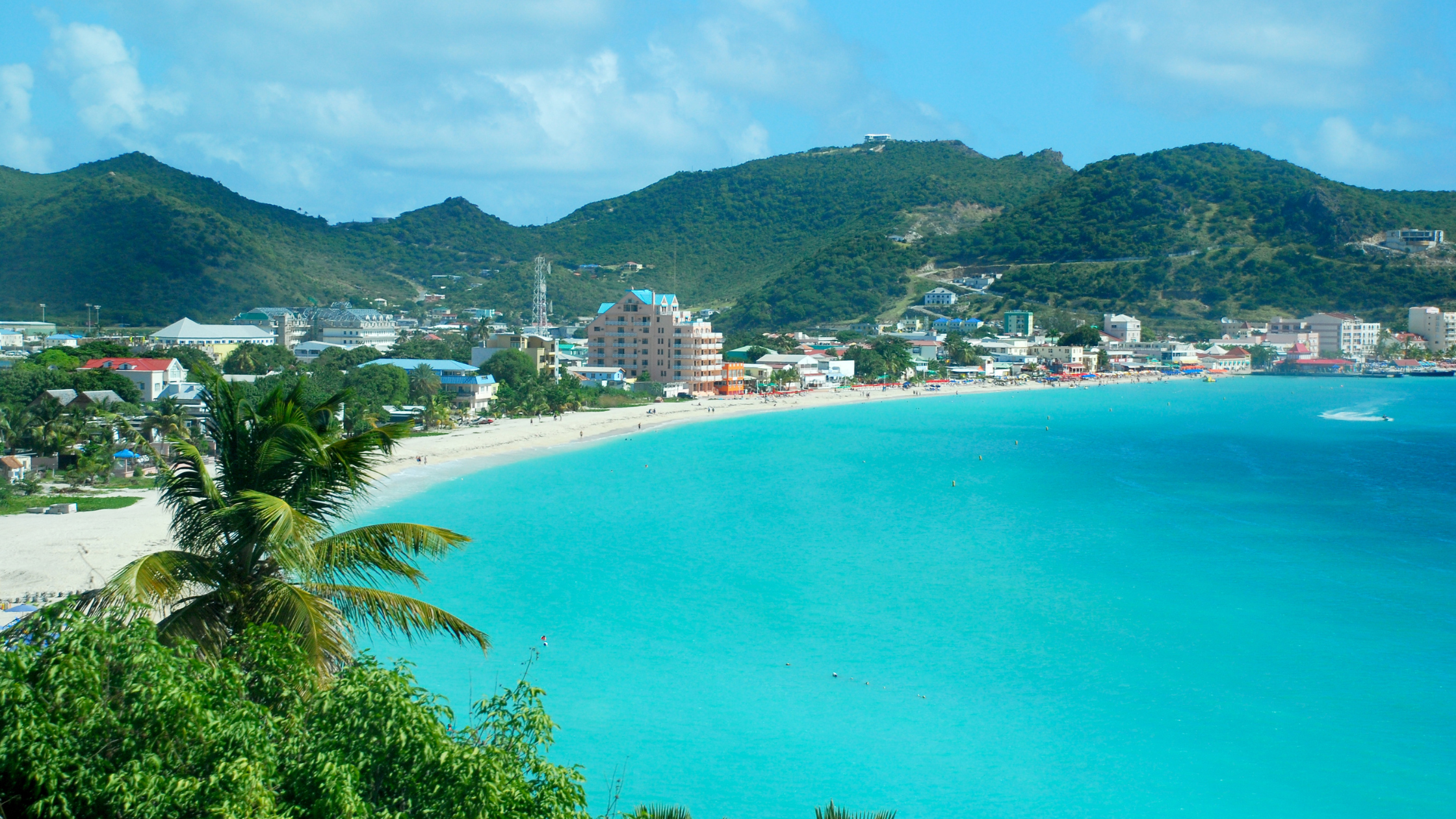Have you ever heard of an underwater mosque?
Until recently, I hadn’t either. But that changed when I found myself in the quiet, hauntingly beautiful village of Halfeti, nestled in the southeastern corner of Turkey. What I discovered was far more than a tourist site—it was a town that silently holds the weight of a past altered forever.
Located around 100 kilometers northeast of Gaziantep in Southeast Turkey, Halfeti is perched gracefully along the banks of the ancient Euphrates River. This river, whose name echoes through millennia of history, once gave life to civilizations like the Sumerians and Akkadians. Today, it provides the setting for one of Turkey’s most unique and surreal destinations.
But Halfeti's charm comes tinged with tragedy.
In 1999, the town was partially submerged due to the construction of the Birecik Dam—a major part of Turkey’s Southeast Anatolia Project aimed at increasing energy and agricultural productivity. While progress rolled in, an irreplaceable part of the region’s history and life was slowly drowned. Entire neighborhoods, centuries-old homes, farmland, and mosques disappeared beneath the rising waters. Thousands of residents were forced to abandon the lives they’d built over generations and relocate to what is now known as “New Halfeti.”
What was left behind became known as “Old Halfeti”—a town frozen in time and swallowed by water.
Among the most iconic sights in Halfeti is the haunting image of a minaret jutting out from the water’s surface. This is all that remains visible of the Savaşan Köy Mosque, its elegant minaret still standing as if in defiance of the flood that tried to erase it. This surreal view has become the symbol of Halfeti and a magnet for photographers, travelers, and history lovers from around the world.
Boat rides along the Euphrates are the highlight of any visit to Halfeti. As you drift past the submerged remains of Old Halfeti, time seems to blur. Although the rides often begin with overly enthusiastic local music, as you near the minaret, the mood shifts. The air becomes still, and a collective hush falls over the boat as passengers pull out their phones and cameras, eager to capture a scene they will likely never witness again.

Just before you reach the sunken mosque, your boat stops near a cliffside cave. Inside, an elderly man serves Turkish tea with a warm smile—but there’s sorrow behind his eyes. This cave, now his business, became his shelter when his family home was lost to the flood. He shares tea not just for income, but to share a part of Halfeti’s story with every passing traveler. His resilience mirrors the spirit of the town itself—wounded, but unbroken.
Before the waters rose, Halfeti thrived quietly on the back of traditional livelihoods. Locals grew the area’s rare black roses—unique to this soil and found nowhere else on earth. They fished from the Euphrates and farmed peanuts on the fertile banks. Life was simple and steeped in tradition. The village’s cobbled streets, Ottoman-style houses, and gardens bursting with rose blossoms once created a paradise now lost beneath the river’s reflective surface.

Although the flooding was a tremendous loss, today’s Halfeti draws over 200,000 visitors annually, curious to witness the unique union of history and nature. The submerged structures, abandoned houses, and sunken mosque turn the area into an open-air museum—one that doesn’t need signs or captions to tell its story.
Yes, accommodation is limited, but that only adds to Halfeti’s charm. This isn’t a town overrun by commercial tourism. It’s a place where you experience slow travel, history, emotion, and silence all at once. It’s where you see firsthand how nature can reclaim and reshape what humans build.
In a world obsessed with loud destinations and viral sights, Halfeti is a whisper—a gentle but powerful reminder of the fragility of heritage and the resilience of people. It is a place where a minaret still calls out to the heavens from beneath the water, where memories live just below the surface, and where every ripple in the Euphrates carries the stories of a lost town.
If you ever find yourself in southeastern Turkey, don’t just pass through. Come to Halfeti. Stand by the water. Take the boat ride. Drink tea in the cave. And listen.
You just might hear the echoes of prayers once whispered in a mosque now beneath the waves.





Share:
Visiting Mosul: Iraq's Most Misunderstood City
The Abandoned Mosques of Cyprus